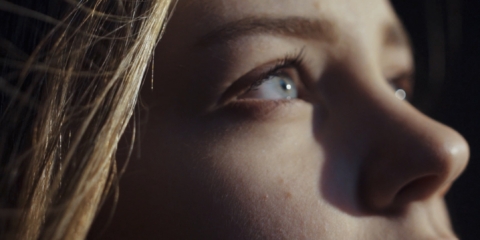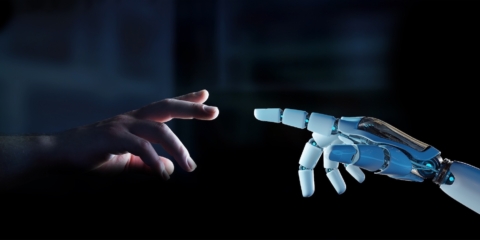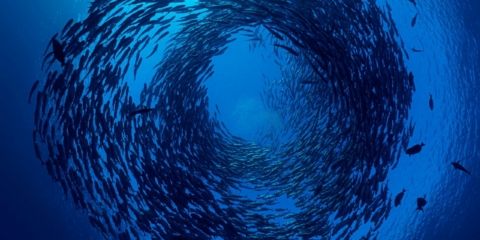Zou honing de toekomst kunnen zijn van duurzaam computergebruik? Volgens onderzoekers van de Washington State University (WSU) zou dat wel eens kunnen. Wetenschappers die bij de studie betrokken waren, beweren dat deze technologie de weg zou kunnen banen voor milieuvriendelijke, biologisch afbreekbare en krachtige computerchips. Honing is niet het eerste waar je aan denkt bij het ontwerpen van een computerchip, maar WSU-ingenieurs denken dat het de sleutel kan zijn om computers duurzamer te maken en tegelijk krachtig genoeg om de werking van een menselijk brein na te bootsen. Deze vorm van computergebruik is gemaakt om na te bootsen hoe de neuronen in onze hersenen werken.
Milieuvriendelijk en duurzaam computergebruik is om een aantal redenen belangrijk. Enerzijds kan het helpen onze afhankelijkheid van zeldzame aardmetalen te verminderen, die gewoonlijk worden gebruikt bij de fabricage van computerchips. Het kan ook helpen om de hoeveelheid elektronisch afval te verminderen, aangezien biologisch afbreekbare materialen veel gemakkelijker te recyclen zijn dan traditionele computeronderdelen. Ten slotte kan duurzaam computergebruik helpen onze koolstofvoetafdruk te verkleinen, aangezien er minder energie nodig is om het systeem te laten werken.
Wat is het volgende? Het WSU-team werkt momenteel aan een prototype van hun op honing gebaseerde computerchip. Als het slaagt, zou het de eerste stap kunnen zijn naar een duurzamere toekomst voor computergebruik. Tot dusver is het team erin geslaagd honing te gebruiken om een werkend circuit te maken, en zij geloven dat de technologie potentieel heeft voor grootschalige toepassingen. Alleen de tijd zal leren of honing echt de toekomst van computers is, maar het is zeker een interessante mogelijkheid die het waard is verder onderzocht te worden.
Wat zijn je gedachten? Denkt u dat honing de sleutel kan zijn tot duurzaam computergebruik?
Christian is a futurist and trendwatcher who speaks about the impact of exponential technologies like AI on organizations, people, and talents. Christian tailors his presentations to your audience’s specific industries and needs.




Embracing the advancements of technology and AI can enhance our humanity. We can focus on developing our unique talents and skills by automating mundane tasks and freeing up our time. As humans, we can adapt and learn, allowing us to evolve and stay relevant in a rapidly changing world constantly.


Organizations will need to be more fluid, dynamic, and adaptable: the ability to change and adjust in response to new situations and environments. We are on the cusp of a new era of organizations, ones that are more fluid and agile and which behave like swarms we see in nature.




In the future, 3D printing and generative design will allow for products to be designed in a more decentralized manner, and production will take place closer to the customer and fully on-demand. 3D printing technology will also allow for more customization and personalization of products.


The agricultural industry is ripe for disruption. Robotics, AI, and IoT are all technologies that have the potential to radically transform the way we grow food. In combination with vertical farming, these technologies could increase the efficiency and quality of agricultural products.

A human-centered society is one that puts people first and where technology is used to unite and empower people. It is a society that values biological life and dignity above all else. It is a society that recognizes the importance of human relationships and works to strengthen them. In a human-centered society, all members of the community are valued and treated with respect.


The future of healthcare is here. New technologies like AI, IoT, big data, and smart sensors make it possible to become the CEO of your own health. Imagine that your phone can listen to your voice and AI algorithms can detect small nuances in the tone of your voice that indicate specific diseases.
